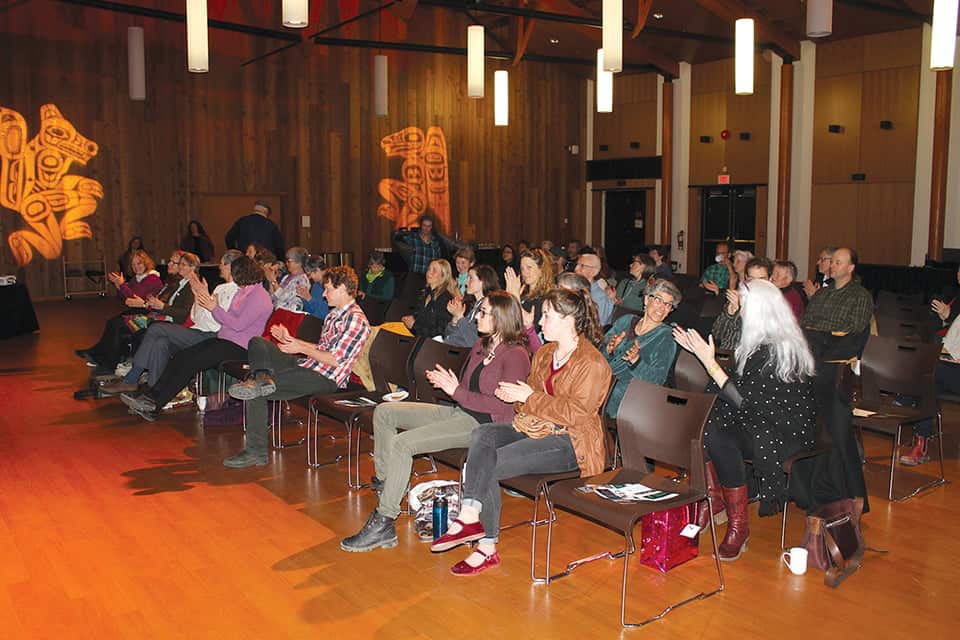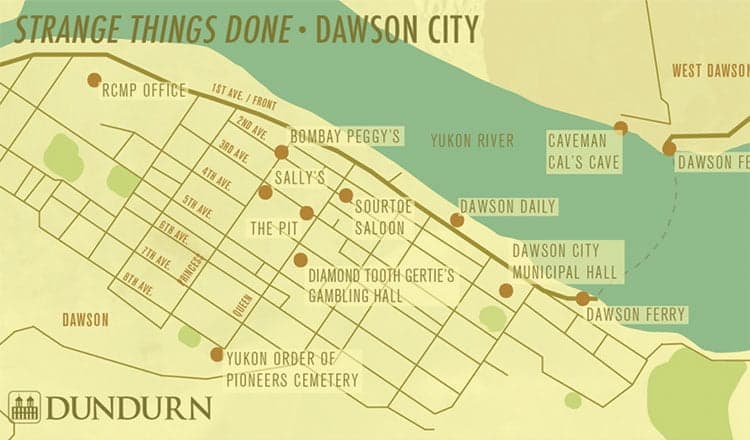The FBI hunt for slippery John Dillinger was the match of the century. He was the bureau’s first public enemy number one during the crime wave of the 1930s.
You won’t find out what makes John Dillinger tick in Public Enemies, released in 2009 and available on DVD at the Whitehorse Public Library. Instead, director Michael Mann focuses on the daring jailbreaks and dashing bank robberies that made Dillinger a mythical figure of the era. He also connects Dillinger’s story with the creation of the FBI.
John Dillinger held-up a store for $50 when he was 19, and he was sentenced to 10 years in prison. He was released with training in the latest bank robbing strategies, and he had a well-honed contempt for authority. He also sensed his appeal to Americans, who struggled through the Great Depression without love for government or banks.
Bandits like Dillinger could escape arrest by crossing state lines, because there wasn’t a Federal police force.
Billy Crudup portrays a J. Edgar Hoover who is goaded by the public’s fascination with Dillinger, and contempt for the police. He starts to build an empire for the fledgling Federal Bureau of Investigation by setting super agent Melvin Purvis (Christian Bale) after Dillinger. Purvis is a Southern gentleman taken aback by the dirty business of hunting men.
John Dillinger is played by Johnny Depp, who embodies the charisma to transfix reporters with his every word. Dillinger falls in love with Billie Frechette (Marion Cotillard), and promises to take care of her — a tragic miscalculation for both of them.
Giovanni Ribisi is effective as a detached Alvin Karpis, who takes a longer view on the business of crime than Dillinger does. Karpis was the only public enemy of the era to live to old age, though much of that life was spent in prison.
Lili Taylor makes the most of a tiny role as the sheriff of a jail that manages to hold Dillinger for a short time, leaving me to wonder what happened to her character after Dillinger made an astonishing escape.
The movie is based on the non-fiction book by Bryan Burrough, Public Enemies: America’s Greatest Crime Wave and the Birth of the FBI, 1933–34.
While some events and characters are fictionalized for dramatic purposes, the film is historically authentic, with locations and paraphernalia appropriate to the period. Some scenes were shot in locations where the events happened; the filmmakers even managed to borrow one of Dillinger’s cars from a museum.
The screenplay by Michael Mann, Ronan Bennet and Ann Biderman doesn’t dwell on character background, and Dillinger doesn’t bond with his gang, or with the police.
It’s hard to root for anyone in this film, but the action scenes and the plight of the main characters, who live under a constant threat of violent death, are still riveting.




